
A homicide by vehicle while DWI in NJ is a unique offense, separate from other forms of homicide. Considered a second degree crime, death by auto or vessel is a form of reckless homicide. It is specifically defined as causing death during the operation of a vehicle that is not man powered while intoxicated by drugs or alcohol or over the legal .08 BAC limit. Based on this definition, operating a bicycle would not apply, whereas a motorcycle would. In order to be charged with death by auto or vessel, it must first be proven that you are driving recklessly.…Read More
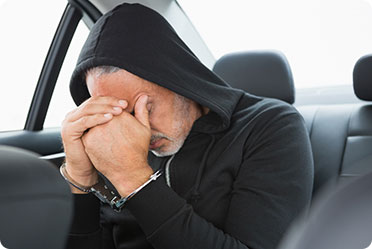
VINELAND, New Jersey – Anderson Sotomayor, a forty-five year old Southern New Jersey man, who was charged five times with drunken driving within five weeks, was released on bail for a separate drug charge. His driving record includes two prior convictions for DWI in 1989 and 1992. Additionally, the man’s license was suspended 23 times by the Motor Vehicle Commission. In the State of New Jersey, a person with a blood alcohol content of 0.08% or greater, who operates a motor vehicle or a boat, is considered to be driving while intoxicated (DWI) and can face penalties ranging up to 20-years…Read More
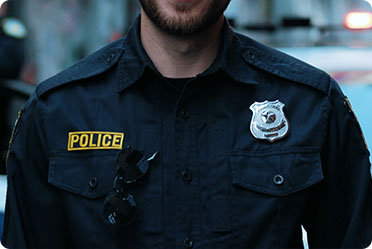
The common conception about judges is that they will always believe the word of a police officer. Officers seem to have built-in credibility as they take the stand. Throughout my many years of practice, I have come across credible police officers who do a good job of policing, credible police officers who do a poor job of policing, and flat-out liars. Unfortunately, the vast majority of judges tend to give incompetent or lying officers free passes by convicting a defendant when an officer is simply unbelievable. When it comes to lying police officers, a jury will often sniff out the…Read More
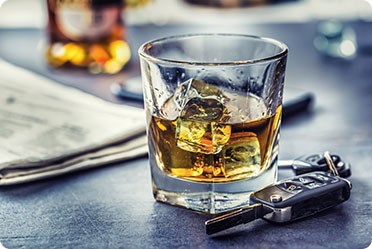
If you have been charged with a DUI, the first thoughts going through your mind probably concern the potential penalties you face. For drivers charged with a second or third DUI offense, the stakes are high. Jail-time is a certainty if convicted. A person charged with a second offense DUI, who is alleged to have a blood alcohol level (BAC) of .16% or higher, faces a minimum of 90 days in jail and a maximum of five years. Someone charged with a third offense DUI, who is alleged to have a blood alcohol level (BAC) of .16% or higher, faces a minimum…Read More

There Actually Is an Open Container Law When I was a young driver I heard rumors that you could be arrested for having an open container in a vehicle. I was confused from the beginning. I couldn’t figure out whether or not or not it was okay to drink a soda in a vehicle. A soda was a beverage, right? I would have to open it to drink it. Why did the government care about whether I drank a soda in my car? Luckily, I learned that by beverage, the law was referring to alcoholic beverages. That, of course, made…Read More
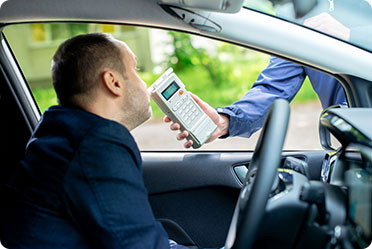
A common DUI question is whether the presence of chewing tobacco can affect breath testing results. It is true that chewing tobacco or smokeless tobacco can alter breath testing results. However, there are a number of reasons why this is the case. Many brands of chewing tobacco contain raw ethyl alcohol. Ethyl alcohol is the same type of alcohol that is found in alcoholic beverages like wine, beer and hard liquor. Ethyl alcohol is also the type of alcohol that breath testing machines are programmed to detect. Although chewing tobacco contains a miniscule amount of alcohol, a very small amount…Read More
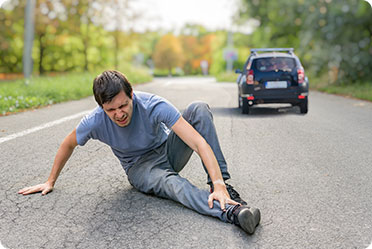
An accident is often not a big deal, but there are many reasons why some people would leave the scene of an accident. Many times it is because they are afraid of being found guilty of another crime, such as driving under the influence or driving with a suspended license. In those drivers’ minds it may make sense to ignore an accident they may have caused in order to prevent further prosecution. Besides being the wrong thing to do, leaving the scene of an accident in Pennsylvania, commonly called “hit and run,” is a punishable offense. Under 75 Pa.C.S. $3742,…Read More
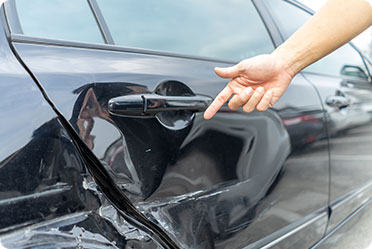
Accidents are never created on purpose. Most people do not intend to have their vehicles cause damage to another person or thing. Unfortunately, accidents do happen. When they do, there is the understanding that the person at fault will make every attempt to correct any mistake made. People leave the scene of an accident in New Jersey for many reasons. In most cases, it is because they are avoiding prosecution of another crime. For instance, they may be driving while intoxicated or may have drugs in their possession. In those driver’s minds, it may make sense to ignore an accident…Read More

What would you do if you were in an accident? Chances are hanging around to make a police report isn’t the first thing that crosses your mind.If you are in New Jersey, though, it should be. Failure to report an accident in NJ is illegal under N.J.S. 39:4-130 and can cause more problems than just the accident alone. It can be assumed that accidents are not done with intent, but that is not a reason to simply ignore them. With every accident there is a legal responsibility to remain at the scene and report it to the police. Providing identifying…Read More
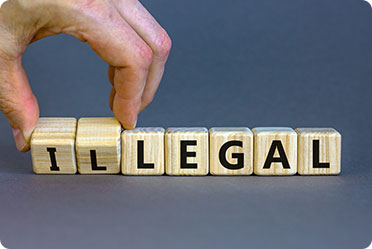
The Super Bowl is often good reason to get together with friends and to drink a few brews. After the game, you may make the decision that you had too much to drink and should not be driving. That’s a good call. However, allowing a buddy to drive your car can be as bad a mistake as driving the car yourself. In New Jersey, the DWI laws punish not only a drunk driver but the person who let the drunk driver use his car. Title 39:4-50 states in part: a person who.. permits another person who is under the influence…Read More